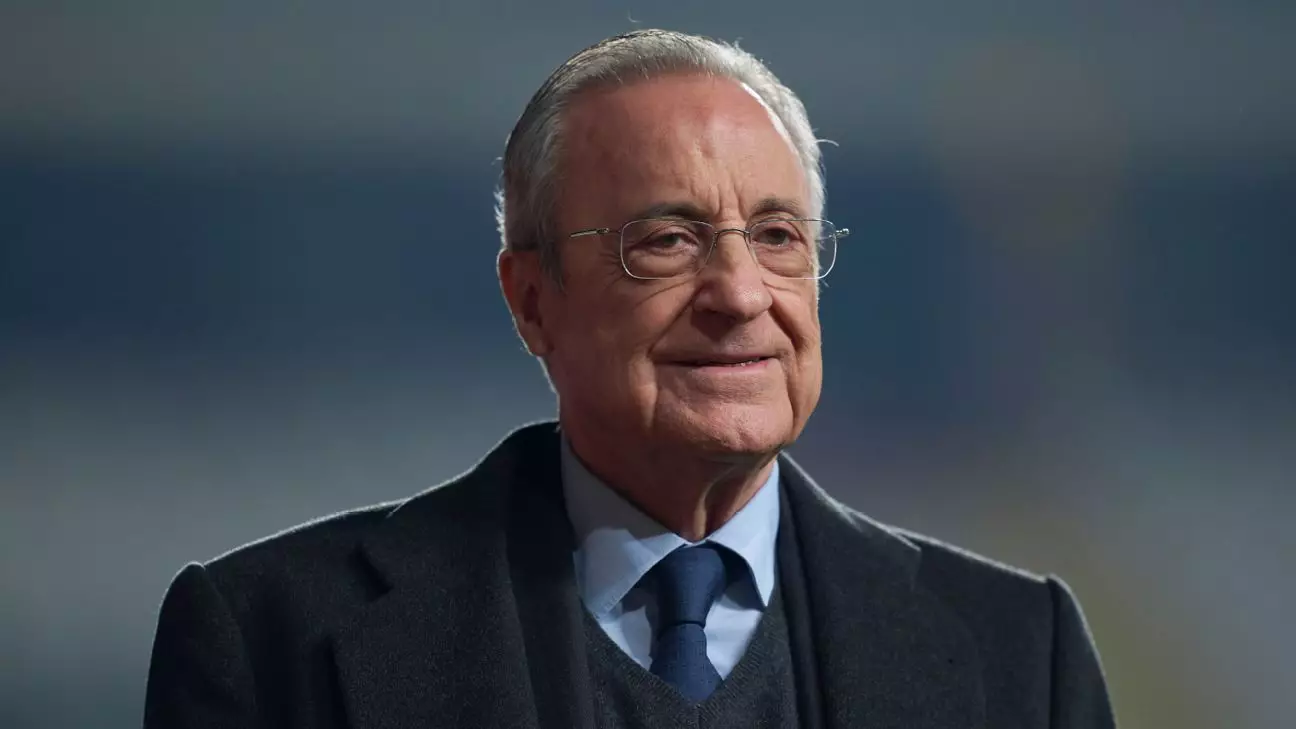The announcement by Florentino Pérez, the current president of Real Madrid, regarding the upcoming presidential elections marks a significant juncture for the club. Since his initial tenure began in 2000, Pérez has transformed Real Madrid into a global powerhouse, both on and off the field, through his strategic vision and leadership. His ability to navigate through the complexities of club management has undoubtedly fostered a winning culture, characterized by an impressive haul of 37 trophies, including six Champions League titles in the last decade alone. However, as the landscape of football continues to evolve, the sustainability of Pérez’s approach may warrant scrutiny, especially considering the evolving expectations of fans, players, and stakeholders.
The strict eligibility criteria for those wishing to contest the presidential elections add an air of exclusivity that might be seen as a double-edged sword. Aspiring candidates must have been members of the club for a staggering 20 years and must personally guarantee 15% of the annual budget. While such stringent measures are designed to ensure that only those with a deep commitment and substantial financial backing can lead the prestigious club, they also restrict the pool of potential candidates. This raises questions about whether this exclusivity can hinder the potential for fresh ideas and innovative leadership styles that are often crucial for organizational growth and adaptation in a rapidly changing football industry.
Pérez has been re-elected unopposed in each election since his return—a fact that speaks volumes about his influence, but also hints at the stagnation of competition within club governance. The upcoming election, therefore, poses an integral question: should Real Madrid continue with the status quo under Pérez’s established leadership, or is it time to embrace new perspectives that could align with global trends in football, finance, and fan engagement? Even as Pérez’s achievements are celebrated, there remains a palpable need for innovation—be it in nurturing young talent, enhancing fan experiences, or reinventing business strategies in the face of evolving market dynamics.
The board meeting scheduled for January 7, 2025, at 5:30 PM CET represents the official start of what may be a pivotal electoral process for Real Madrid. As stakeholders gear up for discussions, the emphasis should not only be on maintaining the successful legacy initiated by Pérez but also on addressing the various challenges facing the club. From scrutinizing financial strategies to investing in youth development and sustaining a competitive edge in Europe, the next president will need to adopt a forward-thinking approach.
While Pérez’s presidency has undoubtedly etched his name into the annals of Real Madrid’s illustrious history, the upcoming elections should serve as a critical platform for introspection and dialogue. Whether continuity or change prevails, the implications for the club’s future trajectory are profound. As the fans and members poised to make pivotal decisions reflect on the past, they must also envision the possibilities that lie ahead for one of football’s most iconic clubs.

